How HUT Helps Heal the Healers
The tireless march of war has left thousands of Ukrainians struggling with immense mental health burdens. Mental health care providers work hard to support people as best they can, but who heals the healers? When, in the midst of the daily onslaught, can they pause and take time for themselves to address the trauma that they are also living through?
HUT’s Group KAP program, which trains Ukrainian therapists to provide ketamine-assisted therapy for veterans with severe PTSD and depression, requires therapists to experience the same therapeutic protocol that they will later guide clients through. Through this firsthand knowledge, the program enables participants to both expand their therapeutic toolkit and process their own experiences of trauma.
“Psychedelic-assisted therapy calls for a new kind of professional — not just a therapist, but a guide who has personally undergone the experience and deeply understands it. This approach is not about technique alone, but about transformation — one that begins with those who help others heal.”
“Prior to the experience, I've been feeling ‘oversaturated’, a kind of exhaustion from my work with active military personnel,” one clinical psychologist participant shared. The therapeutic protocol “allowed me to ‘reset’; my sleep greatly improved, and I became less stressed. I felt a new sense of calm.”
Every participant from our pilot program had a story to share about how they were able to put the skills into practice. "Every session we began with breathing, mindfulness. At first it was difficult. I was thinking, ‘God, why do I need this? This is hard!’ but I did it anyway. Then one night I was on my way home, out late after curfew. I was stressed and began to panic,” recounted a Kyiv-based psychiatrist whose work focuses on addictions. “Then I remembered [our trainer]: ‘Breathe.’ I started breathing the way he taught us...I started to feel better and completely relaxed. It even allowed me to work through a trauma that was activated.”
This dual impact—building therapeutic capacity while addressing the mental health needs of providers themselves—can have a vital ripple effect in the mental health community. Mental health care providers in Ukraine face immense challenges: from high burnout rates to the prevalence of secondary PTSD and the overwhelming workload they bear in a country at war. In addition, many providers have family members who are actively serving, in captivity, or have been killed or wounded since the Russian invasion. To ask them to support others through their trauma, without giving them a space to process their own, would be unimaginable.
“Individual therapy is often not perceived by veterans as something relatable, but the group approach — especially in such a holistic format — creates a real opportunity to reach them and work effectively. This program is valuable because it goes beyond rigid protocols, combining knowledge, experience, and human presence — and that’s what makes it a space for real impact and support.”
It’s incumbent upon us to help start to heal the healers, who have taken so much upon themselves in their work. HUT’s work is to help veterans, families, and healers who hold the heavy stories of this war to strengthen and start to rebuild.
